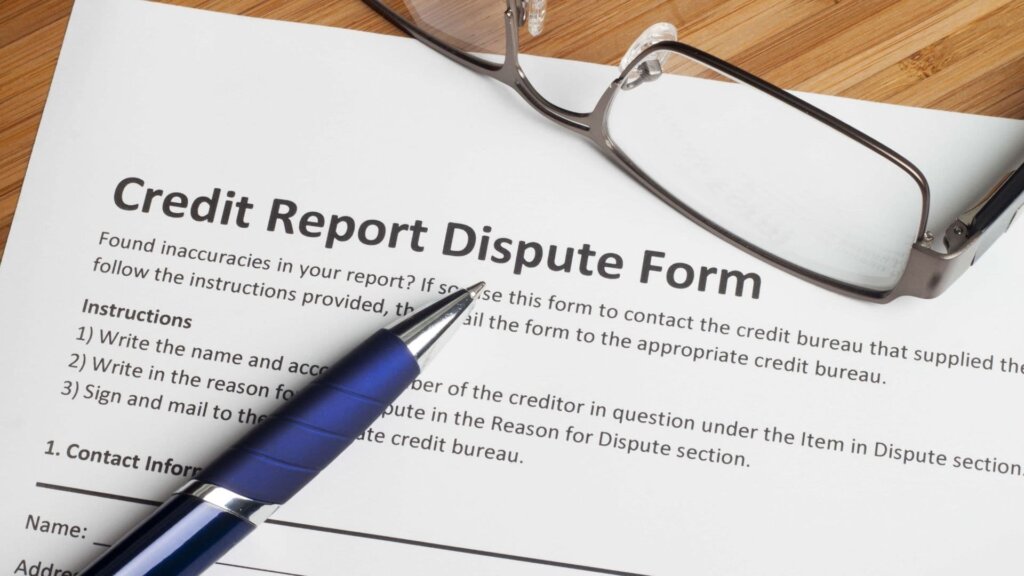
It’s important to review your credit reports frequently and to dispute any errors. In fact, a recent study by the Federal Trade Commission found that 20% of those who identified and successfully disputed credit report errors saw their scores jump as a result. The first step in the process is to tell the credit bureaus — Equifax, Experian, and TransUnion — in writing which information you believe is incorrect. They will investigate the matter and provide you with a free copy of your report with any changes made. You can use a sample letter on the bureaus’ websites or write your own.
Be sure to clearly identify each item of inaccurate information, explain the facts, and ask that it be removed or corrected. Consider also sending copies (not originals) of any documentation you have to support your claim. Send the letter by certified mail with a return receipt requested so you have proof that the credit bureaus received it.

Disputes with the Bureaus
Once you’ve identified errors on your credit reports, the next step is to initiate a dispute with the credit bureaus. You can do this online, by phone, or by mail. When disputing online, you can upload documents that support your claims. If you’re filing a paper letter, be sure to send it by certified mail with return receipt requested so that you have proof the credit bureaus received your dispute. You should also keep copies of any documents you submit.
Once a credit bureau receives a dispute, they are legally obligated to investigate the claim and notify you of the results. If the credit bureau agrees with your dispute, it must remove the inaccurate information from your report and notify anyone who received your credit report in the past six months. You’re also entitled to a free copy of your updated credit report. The process may take a while, but it’s well worth the effort if incorrect information on your report can be fixed.
Disputes with Information Providers
Once you’ve disputed errors with the credit bureaus, you should contact the information provider, also known as a “data furnisher.” The credit reporting agency must forward your dispute to the data furnisher, who must investigate your claim and report to the credit bureau. In your letter, identify each piece of inaccurate information that you want changed, explain why, and include copies (not originals) of documents supporting your position. Many data furnishers specify an address for disputing correspondence; if so, use it.
Generally, the credit bureaus must investigate your claims within 30 days, and if they find an error in your report, they must remove or correct the erroneous information and provide you with a free copy of your report. In addition, if the investigation leads to corrections, ask that they notify anyone who received your report in the last six months. This is required by law. Also, request that a statement of your dispute be included in future reports.

What Happens If a Credit Dispute is Approved?
If a credit bureau decides your dispute is valid, it must notify the business that reported the inaccurate information so they can investigate and report back to the credit bureau. The credit bureau must also give you a statement that says your dispute was investigated and the results of that investigation. That statement must be included in your report unless you specifically request that it be removed.
It is a good idea to file your dispute with the information source (often called a “furnisher”), even though that may slow down the process of removing the error from your credit report. You should send your letter to the furnisher via certified mail and ask for a return receipt so you have proof that the company received your dispute letter. Include a copy of your dispute letter and any documentation supporting your case. Remember to only submit copies, not originals. You should also keep records of all correspondence with the credit reporting agencies and furnishers.